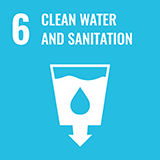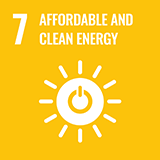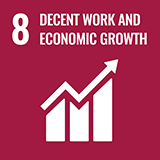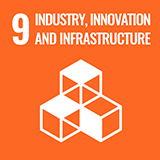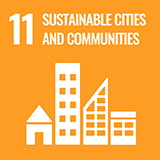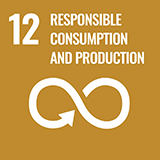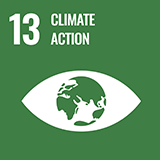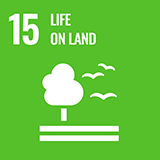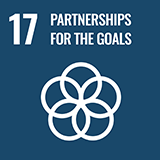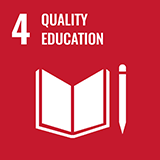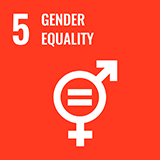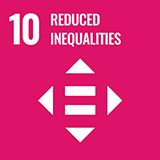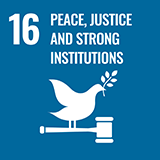Materiality
Materiality of the Tokyo Tatemono Group
Under our long-term vision, "Becoming a Next-Generation Developer," the Group aims to achieve a high-level balance between providing solutions to social issues and pursuing growth as a company.
To achieve the long-term vision, we undertook a method of backcasting to reassess the priority issues we should address, with an awareness of the shared value with society we realize through our business. As a result of this process, we have identified 14 material issues (key issues with high relevance to our businesses) from the perspective of both creating social value and the infrastructure needed to create such value.
The Group will seek to develop solutions to these material issues through our business to maximize our positive impact on society while minimizing our negative impact. In this way, we will help bring about a sustainable society while pursuing growth as a company.
Materiality of the Tokyo Tatemono Group
|
Material issues |
Shared values with society |
Contribution to SDGs |
|
|---|---|---|---|
|
Social value creation |
 Strengthening Tokyo's competitiveness as an international city |
Creating value of place and value of experience |
|
 Contributing to a safe and secure society |
|||
 Community building and revitalization |
|||
 Wellbeing |
|||
 Addressing the diverse needs of customers and society |
|||
 Value co-creation and innovation |
|||
 Social implementation of technology |
|||
 Revitalizing and Utilizing Real Estate Stock |
|||
 Promoting a decarbonized society |
Coexistence with the earth and the environment |
||
 Promoting a recycling-oriented society |
|||
|
Value creation platform |
 Improve employee growth and job satisfaction |
Value-creating talent |
|
 Diversity & Inclusion |
|||
 Advancement of governance |
Realizing sustainability management |
||
 Strengthen risk management framework |
|||
Materiality Identification Process
2018
-
To obtain a broad grasp of the social issues relevant to our business, the Group listed 35 social issues to study. Our list took into consideration international issues (the SDGs), issues unique to Japan and issues unique to our industry (Basic Policies for Urban Renaissance, Act on National Strategic Special Zones).
2019
-
We evaluated the importance of 35 social issues. In making this evaluation, we incorporated two perspectives: the scale of the social need (whether the issue requires a solution) and the affinity of the issue with our business (whether the issue is closely concerned with our current business or something we may wish to deal with as a business in the future). To further clarify the relative importance of issues, we assigned points based on four aspects.
-
Based on the above evaluation, we mapped the issues to narrow them down to those of relatively high importance. We organized these issues into three categories based on their content and identified them as the Group's material issues.
|
Evaluation perspectives |
Assigning point values to indicators |
|---|---|
|
Scale of social need |
1 Relationship with the Real Estate Industry |
|
Affinity with our business |
2 Relationship with Our Businesses |
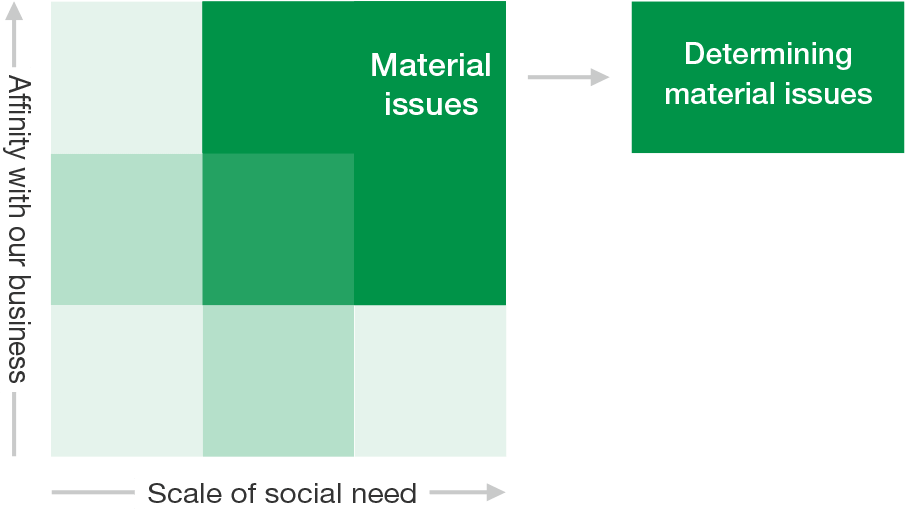
2020
-
In response to recent changes in social conditions and values, we initiated the process of reviewing our materiality. We organized the material issues based on their relationships to key themes in the advancement of ESG management.
-
We engaged in discussions with internal and external directors on themes related to materiality, consolidating their expectations of the Group as well as their views on areas for improvement.
2021
-
Based on our corporate philosophy and long-term vision, we considered the social issues identified in the SDGs and international guidelines on sustainability. We incorporated the knowledge that we have gained through advice from external experts, participation in various initiatives, and communication with stakeholders.
-
We also view the advancement of ESG management as a key component of materiality. We have categorized this in terms of the perspective of value creation for society and the perspective of realizing that value creation for society.
-
The Sustainability Committee judged the materiality to be appropriate, finding that it encompassed the social issues expected of the Group.
-
The Board of Directors also deemed them to be appropriate.
Going forward, we will consider revising our materiality
as necessary depending on changes in social conditions or updates to management policies.
Information Resources Related to Social Issues
-
SDGs:
-
International goals for the years 2016-2030 as listed in the 2030 Agenda for Sustainable Development (adopted at the United Nations Summit in September 2015)
-
Action Plan of the Growth Strategy:
-
A summary of the government's priority policies, including its actions toward a new social vision in the context of COVID-19
-
Green Growth Strategy:
-
A summary of government policies to achieve carbon neutrality in 2050
-
Basic Policies for Urban Renaissance:
-
A summary of the Japanese government's basic policy for revitalizing cities
-
Law on National Strategic Special Zones:
-
A summary of the Japanese government's zoning policy for national strategic special zones


